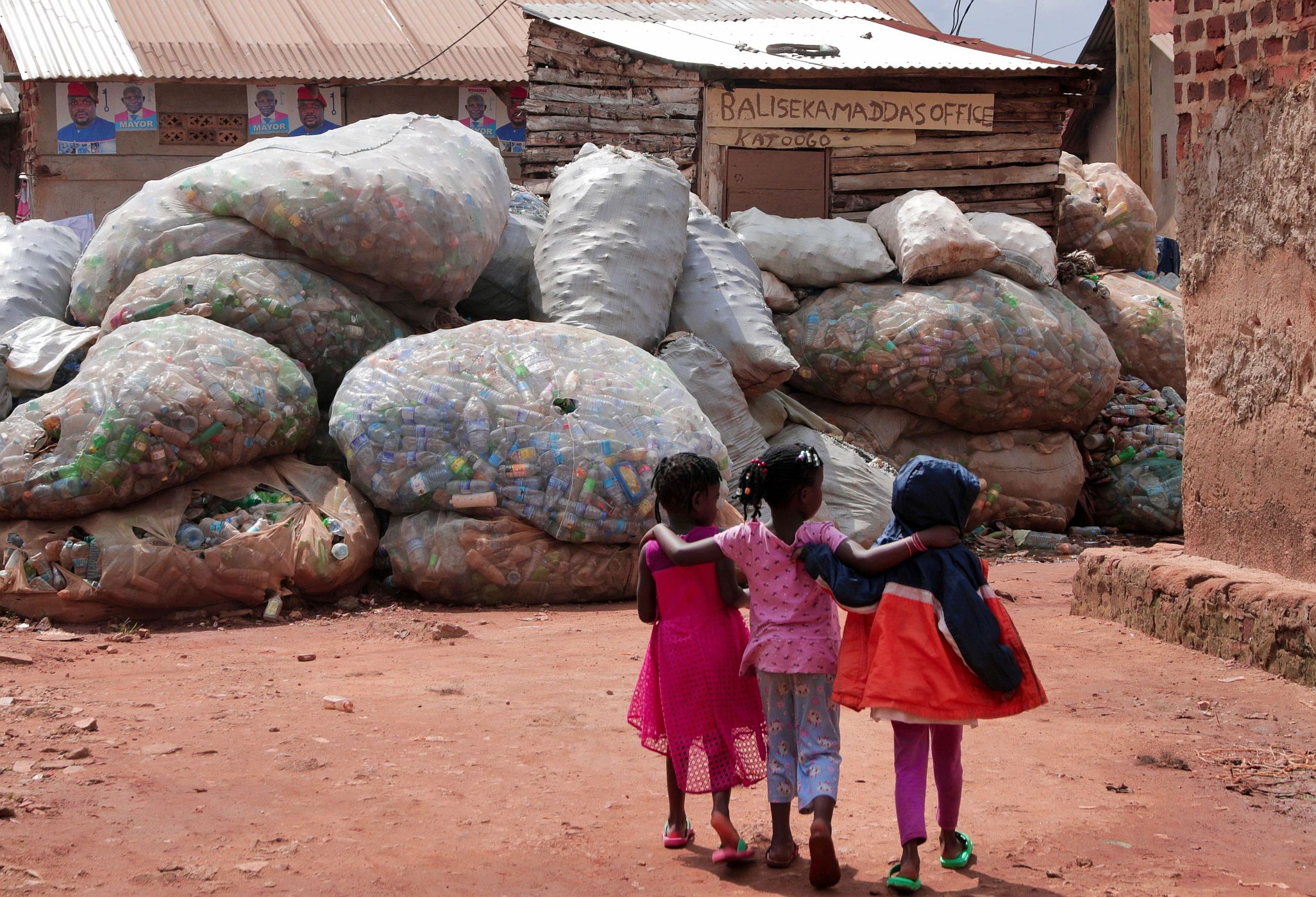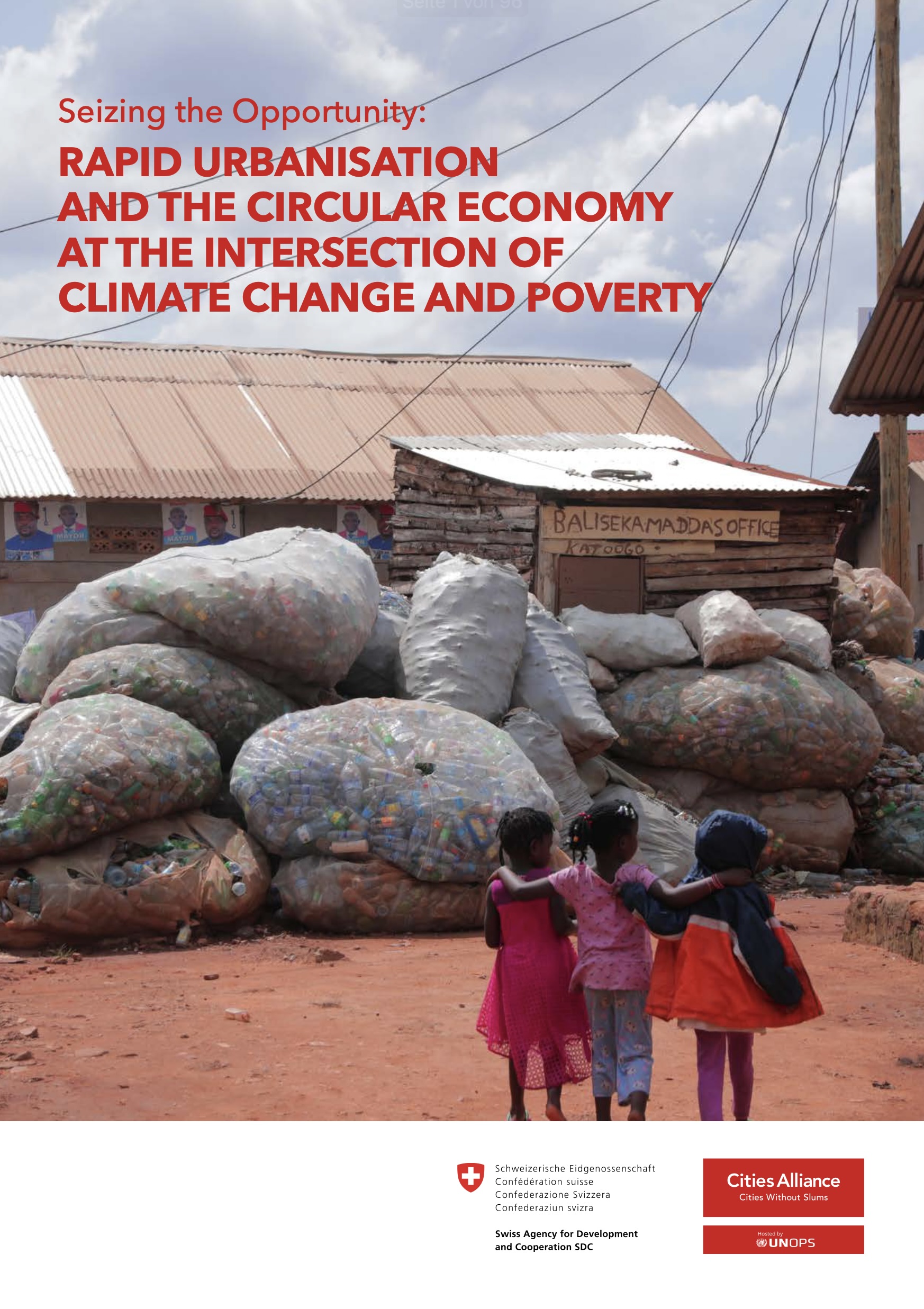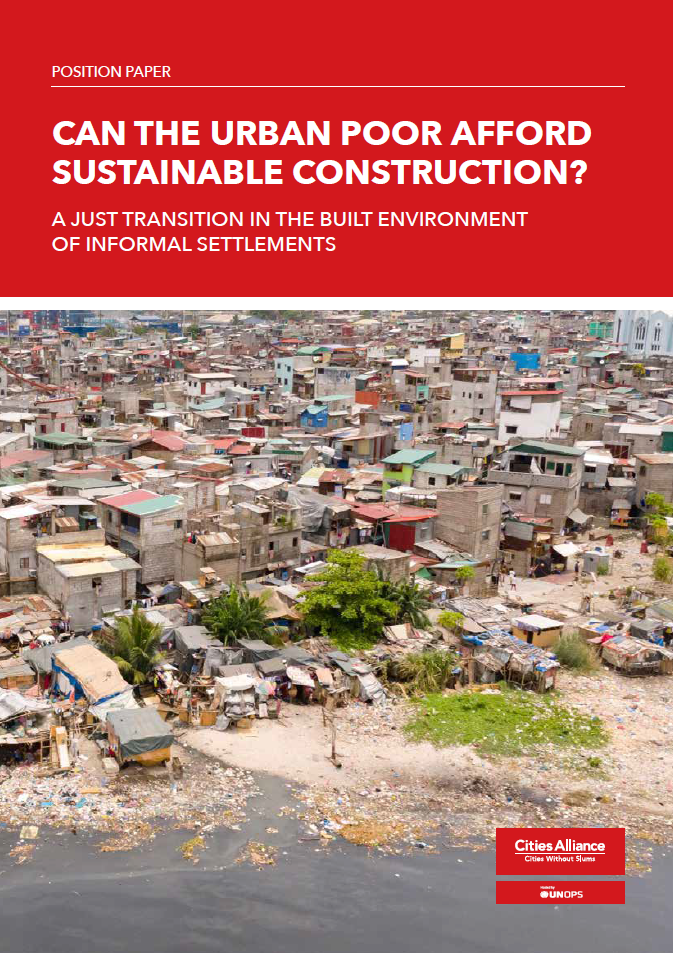- Who We Are
- How We Work
- Regional / Country Initiatives
- Legacy
- Core Themes
- Working Groups
- Portfolio & Results
- Newsroom
- Resources
Seizing the Opportunity: Rapid Urbanisation and the Circular Economy


Rapid urbanisation and climate change are two of the major challenges of our time. People living in cities' poorest areas are agents of change both in terms of climate mitigation and adaptation.
This new publication explores the intertwining nature of circular economy, urbanisation and poverty.
It looks at how existing approaches of circularity and the informal economy can be taken up and reinforced to find solutions to these challenges.
Cities Alliance has been supporting cities across Africa, Asia, and Latin America to address informality while supporting inclusive and sustainable urban growth.
This publication examines how circular economy and climate mitigation actions can improve socioeconomic conditions in developing cities, and the role of an integrated, inclusive city planning approach.
Informal settlements and their economies are a good basis from which to transition to more circular approaches that can support climate mitigation and create economic opportunities for vulnerable groups.
Similar to incremental housing approaches that build upon existing approaches and take into consideration local knowledge and circumstances, some of the principles of the circular economy are already embedded in informal settlements and their economies. Thus, strengthening such processes and aligning them to more holistic, city-wide approaches will maximise their impact.
This paper complements and expands upon the Cities Alliance flagship publication, Building Climate Resilient and Sustainable Cities for All which shed light on the intertwining nature of climate resilience and urban poverty. It also showcased how approaches of integrated policies of urban planning and management, centred around local climate risks and people, can make a difference in strengthening the resilience chain of a whole city.
The report, launched during a technical round table, was produced in collaboration with Arup, with support from the German Federal Ministry for Economic Cooperation and Development (BMZ), and funding from the Swiss Agency for Development and Cooperation (SDC).


